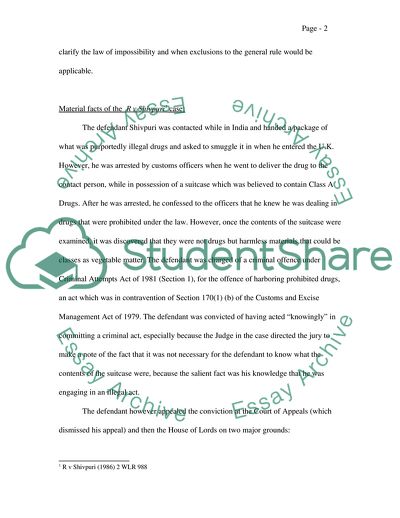Cite this document
(The Influence of Academic Writing on Legal Development Case Study, n.d.)
The Influence of Academic Writing on Legal Development Case Study. https://studentshare.org/education/1705456-the-influence-of-academic-writing-on-legal-development
The Influence of Academic Writing on Legal Development Case Study. https://studentshare.org/education/1705456-the-influence-of-academic-writing-on-legal-development
(The Influence of Academic Writing on Legal Development Case Study)
The Influence of Academic Writing on Legal Development Case Study. https://studentshare.org/education/1705456-the-influence-of-academic-writing-on-legal-development.
The Influence of Academic Writing on Legal Development Case Study. https://studentshare.org/education/1705456-the-influence-of-academic-writing-on-legal-development.
“The Influence of Academic Writing on Legal Development Case Study”. https://studentshare.org/education/1705456-the-influence-of-academic-writing-on-legal-development.


